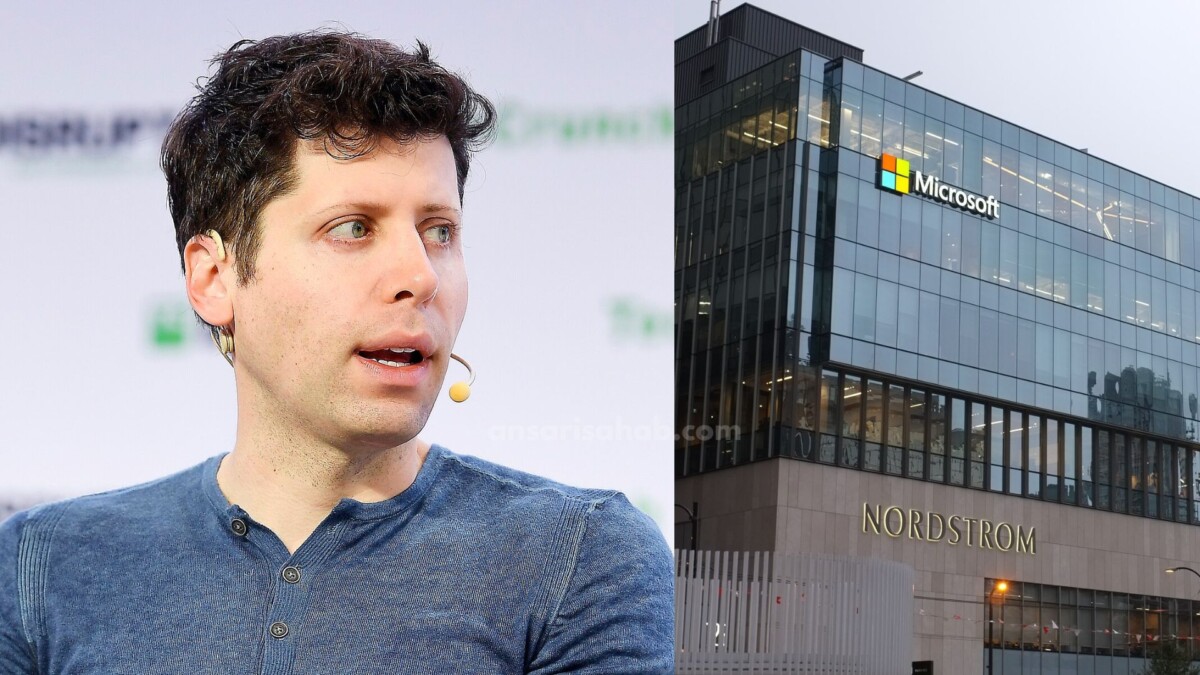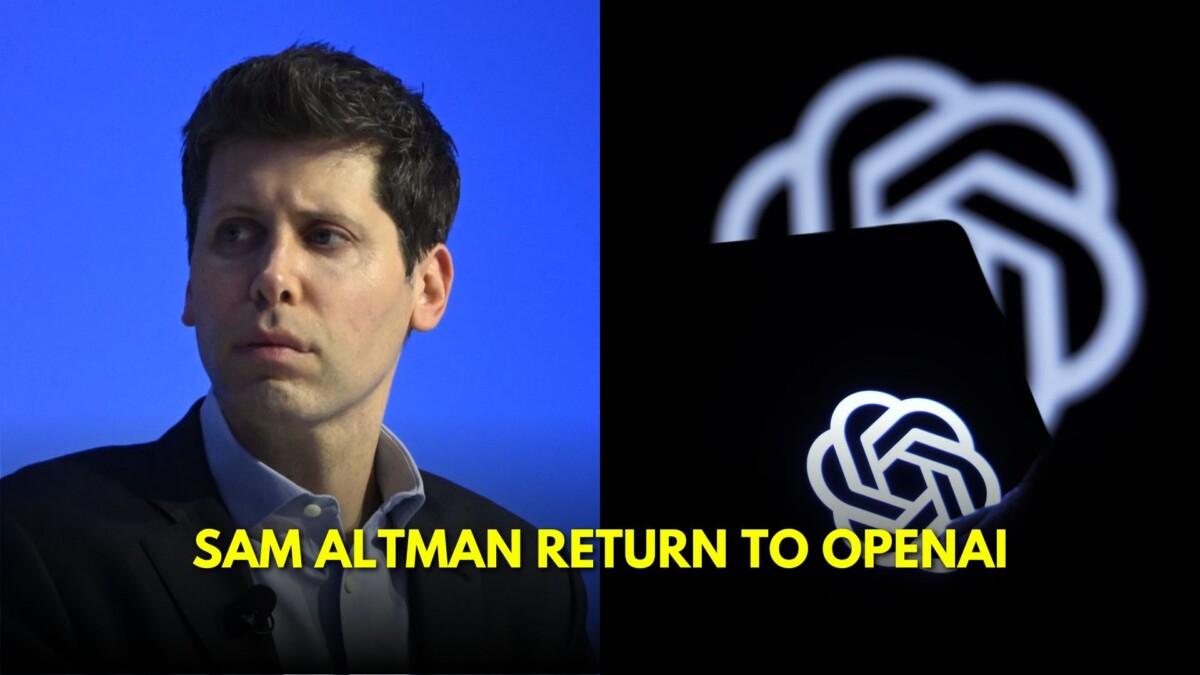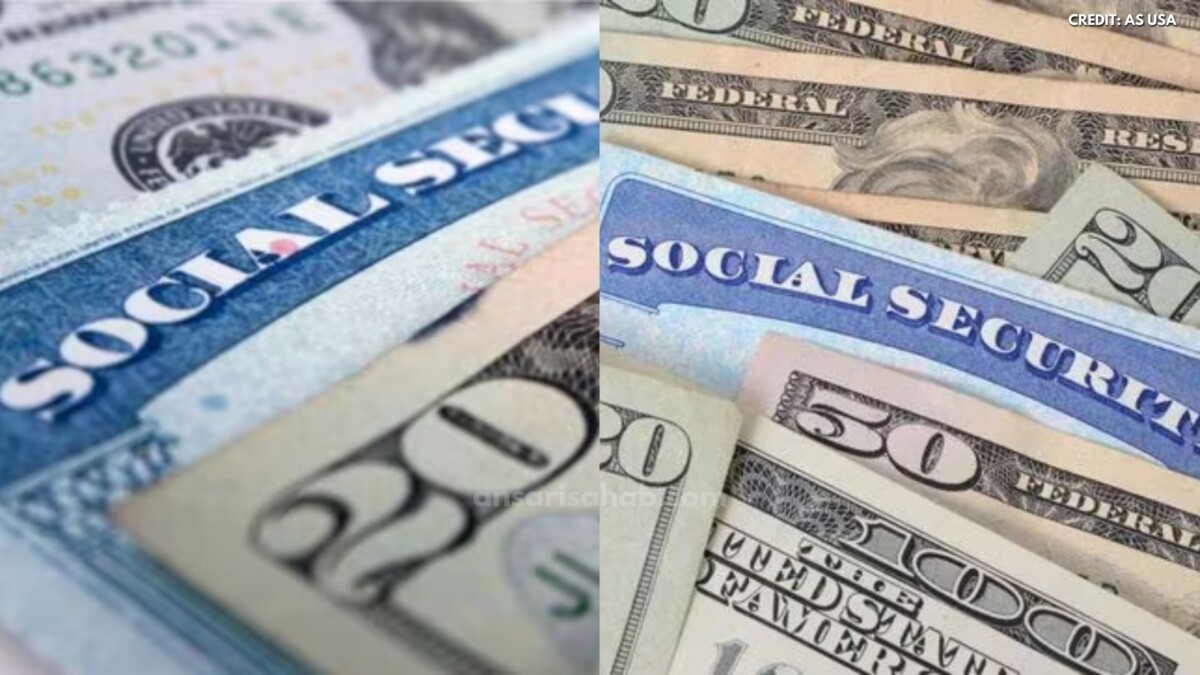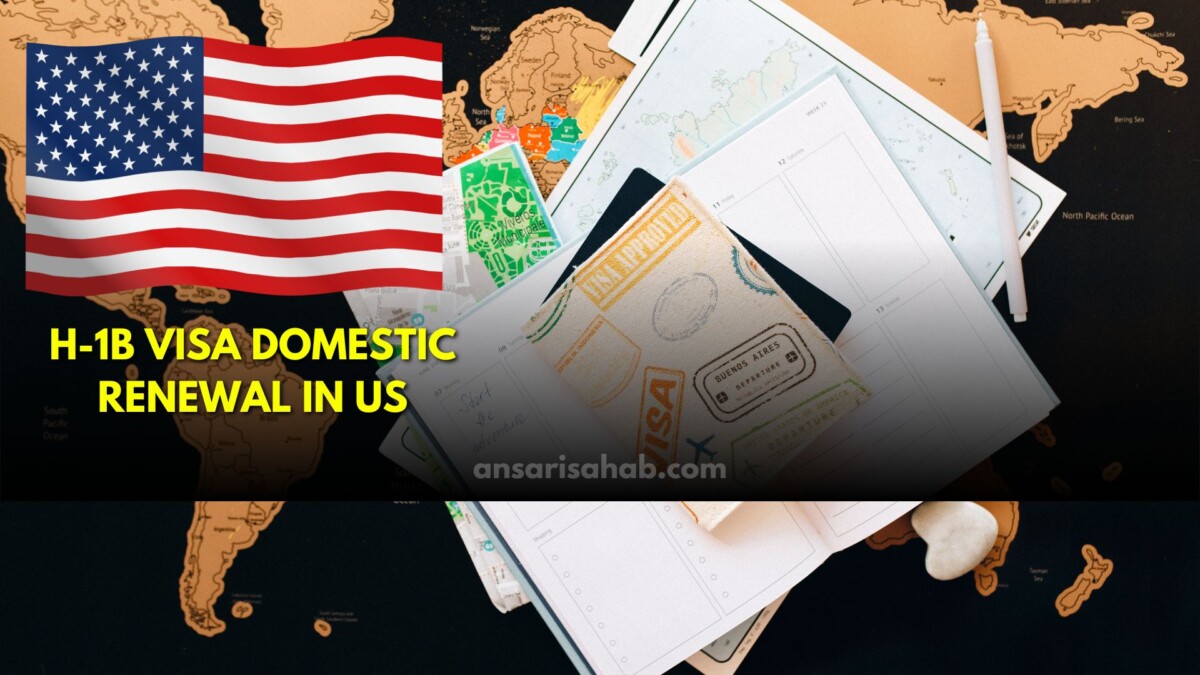Marches Sweep Major Cities in Historic Turnout
Tens of thousands of demonstrators flooded the streets of New York City, Chicago and Philadelphia on Saturday for the nationwide “No Kings Protest,” a coordinated effort to challenge what organizers say is the Donald Trump administration’s tilt toward authoritarian rule. The day of protest, described as one of the largest in recent U.S. history, featured more than 2,500 rallies in all 50 states.
In New York, organizers reported over 100,000 participants gathering in and around Times Square, while Chicago’s Grant Park hosted an estimated 100,000 protesters who took part in speeches, marches and chants of “No Kings!” Philadelphia and other mid-Atlantic cities also showed strong turnout, with organizers estimating roughly 80,000–120,000 participants in the metro region.
The Movement and Messaging
The “No Kings Protest” movement describes itself as a nationwide call for citizens to defend democratic norms and resist the consolidation of power. One participant at the Washington, D.C. event told reporters: “We’re not bowing to a king — we’re here because America belongs to the people.”
The protests come amid concerns about federal deployments to cities, expanded immigration enforcement, and other measures critics say resemble authoritarian governance. According to organizer statements, more than 3 million people were expected to take part this weekend alone.
In New York City, the New York City Police Department (NYPD) reported that the majority of “No Kings” demonstrations dispersed peacefully by mid-afternoon, and no arrests had been made by 3 :30 pm local time.
Scenes From Key Cities
New York City
Times Square, Bryant Park and adjacent streets were packed with protesters carrying banners reading “No Kings” and “We The People.” Some wore inflatable eagle costumes; others draped themselves in yellow (the movement’s signature color).
Chicago
At downtown Chicago’s Grant Park, supporters heard speeches from local elected officials. Chicago Mayor Brandon Johnson urged residents to “stand up” and questioned whether Americans were prepared to defend their democracy.
Philadelphia and Mid-Atlantic
In Philadelphia, organizers estimated 100,000+ attendees who marched through Center City toward the steps of the City Hall. The atmosphere blended protest with festival-style elements: music, art installations and human-formed banners.
Smaller rallies simultaneously took place in suburban and rural locales. In Manistee County, Michigan, for example, about 925 people gathered.
Why It Matters
A Barometer of Civic Mood
The magnitude of the “No Kings Protest” indicates widespread concerns among many Americans about the direction of federal power and democratic accountability. With multiple cities and rural areas participating, the movement reflects an expansive cross-section of civic participation.
Implications for Policy and Politics
The protests may influence upcoming policy debates—especially on civil-liberties issues, federal oversight of local jurisdictions and the framing of dissent as un-American. One political-science professor noted the turnout could pressure legislators and galvanize mid-term-election mobilization.
Risks and Oversight
While most events were peaceful, law-enforcement agencies were put on high alert for potential escalation, particularly near federal facilities. A small number of arrests occurred in places like Illinois and South Carolina. Authorities in several states also activated National Guard units ahead of the rallies.
What Happens Next?
Organizers say this is not a one-day event but part of a continuing movement. They plan follow-up actions, local chapters and community-based protest planning under the “No Kings” banner. The next national action date has not yet been announced publicly.
Meanwhile, municipal officials in many cities will review the logistics of such large protests—street closures, crowd controls and public-safety coordination—to ensure safety and minimize disruptions. For citizens, the protests serve as a reminder of the role of public-demonstration in shaping national dialogue.
FAQs
A: The No Kings protest was a nationwide series of rallies held on Oct. 18, 2025, opposing what organizers say are authoritarian moves by the Trump administration and asserting that the U.S. has “no kings.”
A: Major turnouts were reported in New York City (≈100,000 in Times Square), Chicago (≈100,000 in Grant Park) and Philadelphia (≈80,000-120,000) with thousands of smaller rallies across all 50 states.
A: Yes, for the most part. Most “No Kings” marches remained peaceful and non-violent, though a few minor incidents occurred in isolated locations (e.g., Portland, Illinois).









